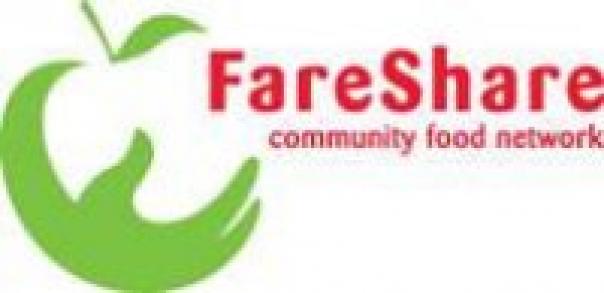18th Sep 2008 - 00:00
Image

Abstract
Today national food redistribution charity FareShare is calling on the food industry to help it get more food to those who need it and to support its expansion programme.
Tony Lowe, Chief Executive of FareShare, which redistributes good quality surplus food from the food industry to projects supporting disadvantaged people, says: "Food poverty is a big issue in the UK today. We've talked to groups of disadvantaged people, nearly three fifths (58%) have gone without a square meal for a day or more in the last year and of those almost one fifth (17%) have gone without for a week or more. "We know the Government is working to try and address this, now we're calling out to the food industry to play a greater part. We currently reach an average of 25,000 people with our service, but many more than this are still struggling to access food regularly and the food industry can help us to alleviate this sad reality." Lowe continues: "The support we've already received from our industry partners such as Nestlé UK has helped us achieve a great deal so far, but it's also highlighted the need for support from other businesses, Government and charitable trusts to help us achieve our ambitions to expand and reach greater numbers of those in need." Alastair Sykes, Chairman and CEO of Nestlé UK says: "No-one in the food industry wants to see good food going to waste. Partnering with FareShare means that good quality surplus food from Nestlé can benefit those who need it most, with a focus on environmentally friendly disposal for anything that can't be used by community groups. Millions of people in Britain can't afford a healthy diet – the more food companies who come on board the more people FareShare can reach and the greater impact on society." Last year 3,000 tonnes of food were redistributed from the food/drink industry, by FareShare, to 500 projects serving the disadvantaged and vulnerable in the community. This equated to 4.6 million meals provided for the most vulnerable.